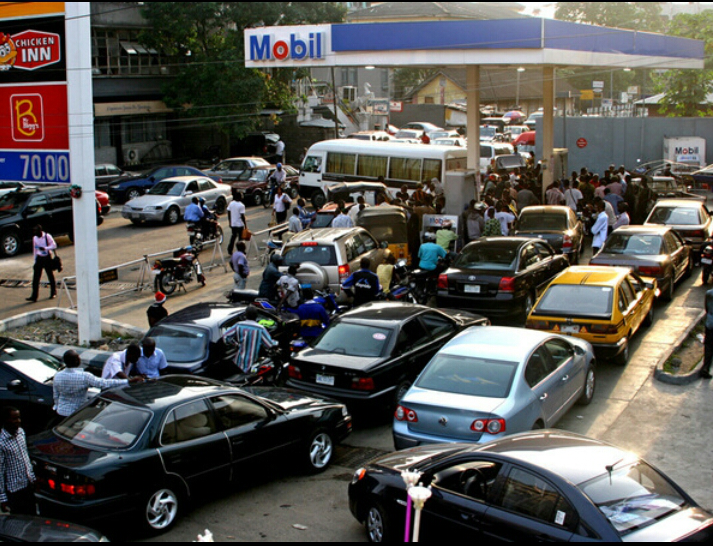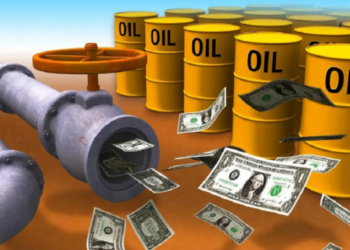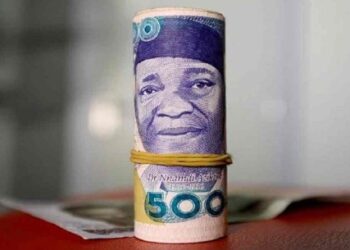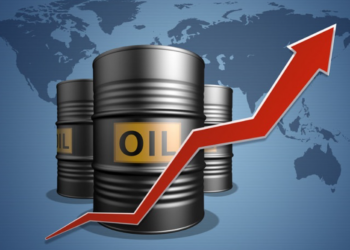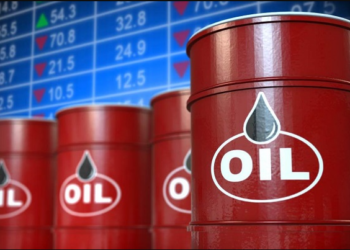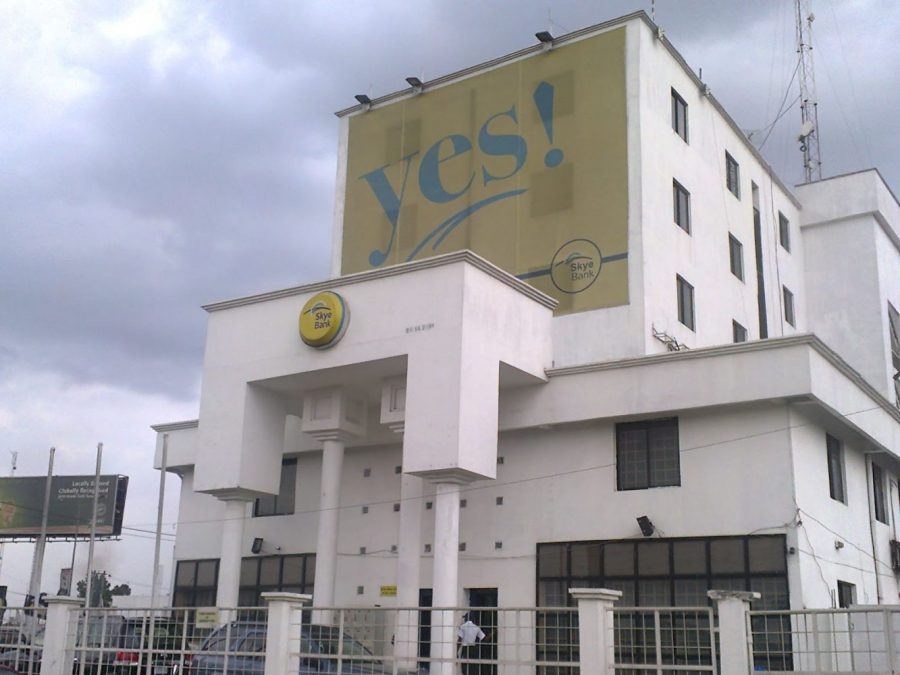Reports from Bloomberg indicate Nigeria is owing independent marketers a whopping N20o billion ($1 billion) as at end of March 2015. The report claims the Major Oil Marketers Association of Nigeria, which include Total SA, Oando Plc, Forte Oil Plc and Exxon Mobil Corp.’s local unit, are owed about 40 percent of that amount as of the end of March, with more costs incurred since then. Nigeria has been facing hardship and frustrations in the past few weeks as fuel lines continue to grow amidst marketers failing to lift petroleum products.
Below is an excerpt of the Bloomberg article;
Nigeria’s government owes the nation’s oil marketers, importers and storage companies more than 200 billion naira ($1 billion) in subsidy payments, according to an industry body. The members of the Major Oil Marketers Association of Nigeria, which include Total SA, Oando Plc, Forte Oil Plc and Exxon Mobil Corp.’s local unit, are owed about 40 percent of that amount as of the end of March, with more costs incurred since then, Thomas Olawore, the body’s executive secretary, said on Tuesday.
A “recent meeting” with Finance Minister Ngozi Okonjo-Iweala “was not conclusive,” Olawore said in an interview in the commercial capital, Lagos. “Something must be done” about the outstanding amount following the government’s payment of 154 billion naira last month, he said. Nigerians have faced long queues for fuel in recent weeks across Africa’s biggest crude producer and economy, which relies on imports to meet more than 70 percent of domestic needs.
The government guarantees cheaper fuel by subsidizing gasoline, paying marketers the difference between the landing price of oil and the fixed domestic price. “A large part of that amount — about 159 billion naira — is made up of forex differentials claimed by the marketers,” Paul Nwabuikwu, a spokesman for the Finance Ministry, said by e-mail on Tuesday. “As the minister has said, there is need to verify this huge claim.”
Nigeria, which announced last week that it has already borrowed more than half the amount it budgeted for the full year, is struggling to deal with a drop of 38 percent in the price of crude in the past year. Nigeria’s President-elect, Muhammadu Buhari, will take over from President Goodluck Jonathan on May 29, causing anxiety among creditors in the downstream industry that the new government may take longer to remedy the funding shortage, Olawore said.

